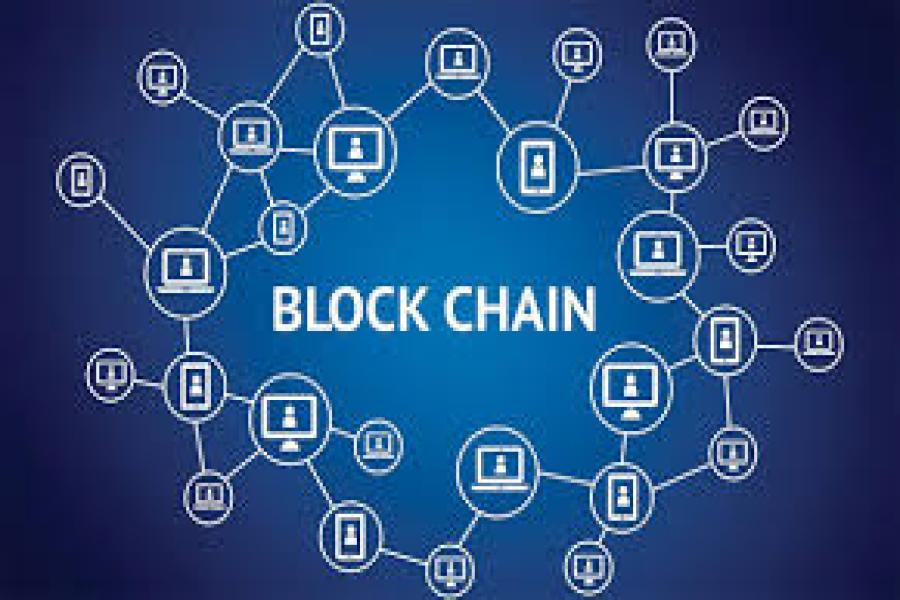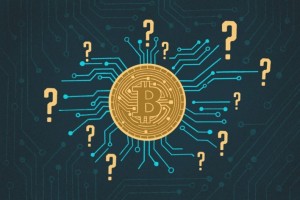 12, Nov
12, Nov
More Than Just Bitcoin: 7 Real-World Uses for Blockchain Technology
When most people hear the word "blockchain," their minds immediately jump to Bitcoin, Ethereum, and the volatile world of cryptocurrency trading. While crypto is what introduced blockchain to the world, thinking they are the same thing is like thinking email is the entire internet.
In reality, cryptocurrency is just the first major application of blockchain technology. The underlying technology itself—a secure, transparent, and decentralized way to record information—is a revolutionary tool with the potential to transform nearly every industry. It’s about more than just digital money; it's about creating a more trustworthy and efficient world.
Let's explore seven exciting ways blockchain technology is being used today that have nothing to do with buying or selling crypto.
1. Supply Chain Management & Transparency
The Problem: Global supply chains are incredibly complex. It’s difficult for consumers (and even companies) to know the true origin and journey of a product, leading to counterfeit goods, safety concerns, and ethical blind spots.
The Blockchain Solution: By recording every step of a product's journey—from creation to the store shelf—on an immutable blockchain ledger, we can create a single, verifiable source of truth. A QR code on a bag of coffee could show you the exact farm it came from, when it was harvested, and how it got to you.
The Impact: This eliminates counterfeit pharmaceuticals, ensures luxury goods are authentic, verifies that food is organic, and makes global trade more efficient and honest.
2. Voting Systems
The Problem: Ensuring that elections are secure, transparent, and resistant to tampering is a fundamental challenge for any democracy.
The Blockchain Solution: A blockchain-based voting system can create an anonymous, unchangeable, and fully auditable record of every vote cast. Because the ledger is distributed and cryptographically secured, it would be practically impossible for any single entity to alter the results without being detected.
The Impact: Greatly increased trust and transparency in the democratic process, reduced potential for fraud, and instant, verifiable results.
3. Digital Identity & Ownership
The Problem: Our personal data is scattered across dozens of corporate servers, making it vulnerable to hacks and identity theft. We constantly have to prove who we are to different services, handing over control of our information each time.
The Blockchain Solution: Blockchain allows for the creation of a self-sovereign identity. You could have a single, encrypted digital ID that you own and control. Instead of giving a company your data, you could simply grant them cryptographic proof that you meet their requirements (e.g., "Yes, I am over 21") without revealing any other personal details.
The Impact: A massive reduction in identity theft, streamlined online verification, and true ownership and control over our personal data.
4. Intellectual Property (IP) and Royalties
The Problem: Musicians, artists, and writers often struggle to get paid fairly for their work. Tracking usage across countless platforms and ensuring royalty payments are distributed correctly is a complex and opaque process.
The Blockchain Solution: Smart contracts on a blockchain can automatically execute royalty payments. An artist could tokenize a song, and every time that song is streamed, a micropayment is instantly sent to their digital wallet according to the terms of the smart contract.
The Impact: Fair and instant compensation for creators, eliminating intermediaries and ensuring transparency in how creative works are used and monetized.
5. Healthcare Records
The Problem: Patient medical records are fragmented across different hospitals and clinics, using incompatible systems. This makes it difficult for doctors to get a complete view of a patient's history, leading to potential errors.
The Blockchain Solution: A secure, blockchain-based system can give patients ownership of their own comprehensive medical records. They could then grant temporary, auditable access to any doctor or specialist in the world, ensuring that healthcare providers always have the most accurate and up-to-date information.
The Impact: More effective medical treatments, fewer errors, and improved patient privacy and control.
6. Real Estate Transactions
The Problem: Buying and selling property is a notoriously slow and expensive process involving numerous intermediaries like lawyers, banks, and title agents, all coordinating through mountains of paperwork.
The Blockchain Solution: Property titles can be represented as unique digital tokens on a blockchain. Transferring ownership could become as simple and fast as sending a secure digital transaction. This also opens the door to fractional ownership, where multiple people can easily own a small share of a single property.
The Tmpact: Faster, cheaper, and more secure property transactions, and the democratization of real estate investment.
7. Gaming and Digital Assets
The Problem: In traditional video games, you don't actually own the items you buy or earn. If you stop playing the game or the server shuts down, all that value disappears.
The Blockchain Solution: By creating in-game items (like a rare sword or a unique character skin) as Non-Fungible Tokens (NFTs), players gain true ownership. They can buy, sell, and trade these assets on open marketplaces, outside of the game itself, creating a real player-driven economy.
The Impact: True digital ownership for gamers and the creation of new economic models where players can earn real-world value from their time and skill.
Conclusion: A Foundational Shift
These seven examples are just the beginning. Blockchain technology is not a niche interest for tech enthusiasts; it's a foundational shift in how we can organize and record information. By creating a secure and transparent base layer for value and data, it is poised to build a more trustworthy and efficient world for everyone.




